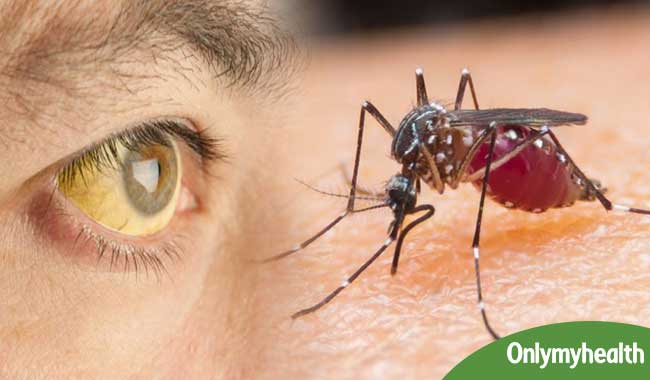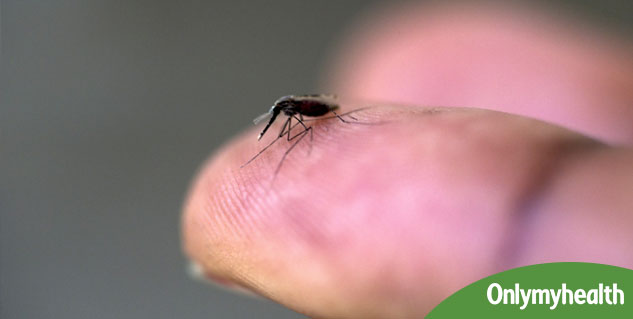
Malaria is a serious blood disease caused by the parasite Plasmodium Falciparum and it is contagious. It can be spread from one person to another by the bite of the female mosquito Anopheles. Jaundice due to hemolysis in malaria is a common illness. Presence of jaundice in malaria is a severe illness with higher chances of complications.
Table of Content:-
Jaundice in malaria, often termed as ‘malarial hepatitis’ is a common manifestation of cerebral malaria. Presence of jaundice in malaria is an indicator of severe and complicated illness. When the malaria parasite attacks a person it causes fever, recurring chills, anaemia and jaundice in some of the cases. Destruction of red blood cells by the malaria parasite often results in jaundice. There are many underlying factors that can lead to jaundice in malaria.

Malarial Hepatitis
The term malarial hepatitis (inflammation of the liver) has been used for describing the occurrence of jaundice in a patient suffering from malaria, especially cerebral malaria. The condition is characterised by a rise in the bilirubin serum (a blood serum) along with the rise in levels of glutamate pyruvate transaminase three times above the normal level. Results of a study done by Murthy and his research group showed that 20 out of 95 patients who were admitted with cerebral malaria had symptoms of malarial hepatitis. According to them, patients with malarial hepatitis are more prone to severe renal infections and finally jaundice.
Intravascular Hemolysis
Intravascular hemolysis of parasitised red blood cells (RBC): Excessive intravascular hemolysis (bleeding) in patients with malaria also causes jaundice. Hemolysis also results in increased levels of bilirubin in the blood.
Disseminated Intravascular Coagulation (DIC)
Disseminated Intravascular Coagulation (DIC) is also associated with the severe manifestation of malarial illness. Microangiopathic (microvascular disease) hemolysis associated with DIC is the common causes of jaundice in severe malaria.
Deficiency of Glucose-6-phosphate Dehydrogenase
Deficiency of an enzyme named glucose-6-phosphate dehydrogenase (G6PD) is the main cause of hemolysis and jaundice in malaria patients.

Anti-malarial Drugs
Anti-malarial drugs taken for the treatment of malaria can lead to jaundice as well. For instance, Mefloquine; an effective drug for cerebral malaria poses some side-effects that can affect liver function. Malaria patients with comorbidity of any liver disease must not be prescribed Mefloquine.
Other Causes
Patients with malaria are more prone to developing jaundice when there is a presence of other viral hepatitis as well. Presence of other chronic hepatitis is another cause.
Read more articles on Malaria.
For more related articles, Download OnlymyHealth App.
How we keep this article up to date:
We work with experts and keep a close eye on the latest in health and wellness. Whenever there is a new research or helpful information, we update our articles with accurate and useful advice.
Current Version
